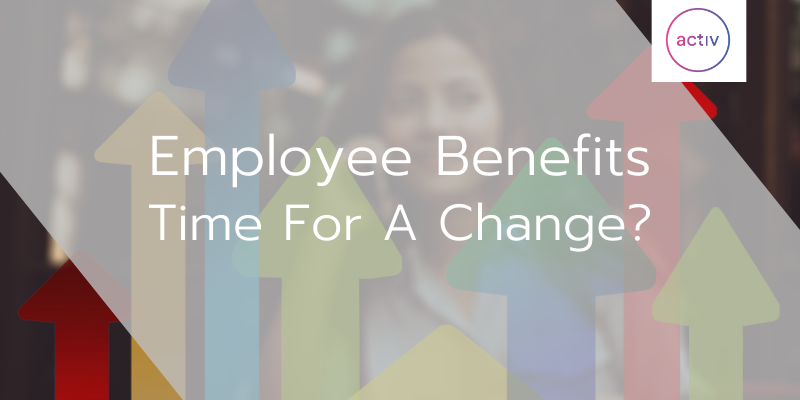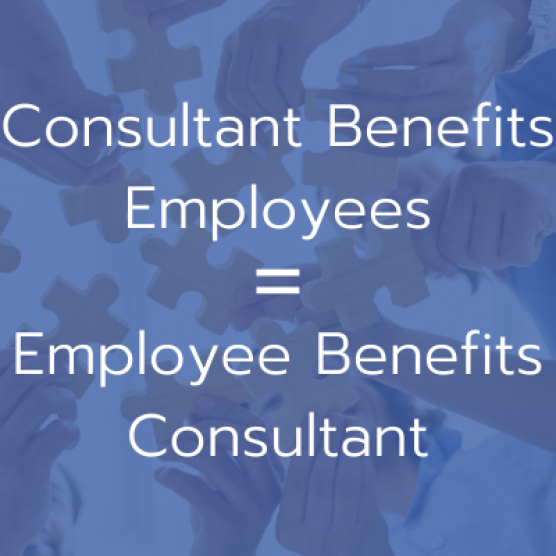Employee Benefits – Time For A Change?

Employee benefits are proven to attract and retain employees, saving employers money in the recruitment process and building towards a happier, more satisfied workforce. So – with the pandemic and beyond firmly in mind – what do employers need to be considering when it comes to staff benefits at a time of considerable uncertainty.
The ongoing Covid-19 pandemic is having a dramatic impact on businesses and employees alike. But one area in particular where its effects are being felt is employee benefits. Two separate pieces of research highlight what employers need to be looking at when it comes to employee benefits in the face of the Covid pandemic.
Making employee benefits relevant
The first study, conducted by Blackhawk Network, a gift card and branded sales firm, found that more than half (54%) of staff believe their workplace benefits are no longer relevant since the Covid-19 pandemic started. Why? The primary reason being the increase in remote working.
In fact, the Blackhawk research revealed that only one-third (32%) of employees said their current benefits do not need to change, despite the ongoing pandemic.
However, 29% of staff said they do not feel as though their organisation is supporting them in the face of the ongoing Covid-19 pandemic. Two-fifths of respondents (41%) cited a lack of face-to-face communication with their colleagues as their biggest frustration. Finally, technology issues have been a problem for 29% of employees working remotely.
Nearly two in five (37%) female employees recall receiving a gift or bonus from their employer in 2019, compared to 46% of male employees. In previous years, just over a quarter (26%) of staff aged 18-24 say they were given a day off work for Christmas, compared to 7% of those aged 56-74.
Chris Ronald, vice president, Europe, the Middle East and Africa (EMEA), incentives and benefits at Blackhawk Network, said: “With every penny being scrutinised, employers need to have robust business cases and a return on investment (ROI) justification for all expenditure. With employees taking a closer look at the value and relevance of their benefits packages, it is time for employers to take a step back and be realistic that driving engagement and loyalty from a remote workforce is tough – and is not going to get easier anytime soon. Take time to review what you offer, be creative and mix it up to enter 2021 with a commitment to re-energise and reconnect with your teams.”
measure appreciation & effectiveness
Meanwhile, a separate study conducted by GRiD, the industry body for group risk, has revealed that over a third of large organisations (defined as having 250+ employees) do not measure staff appreciation of employee benefits.
This apparent lack of communication and failure to seek feedback isn’t something that only affects large organisations either. Similarly, over half (54%) of all small and medium enterprises (SMEs) and up to 68% of micro businesses (defined as having less than 10 staff) do not measure staff appreciation either.
When it comes to the most popular mechanisms to obtain staff feedback on benefits, formal surveys were the most utilised method (used by 34% of companies). Informal feedback (used by 31%), suggestions boxes (used by 30%) and levels of benefit utilisation (used by 27%) were the other most popular methods.
Katharine Moxham, spokesperson for GRiD, said: “It is important to ensure that benefits keep abreast of employees’ changing circumstances. For instance, benefits that offer financial protection for dependants can become more popular as employees move through life, so it’s important to monitor regularly which benefits might be most appropriate.
“The only way of really knowing what employees think about their benefits is to ask. This increases engagement and is likely to increase appreciation and utilisation.”
Summing Up
Many of the available employee benefits have an unintended bias towards life stage. For instance, group life insurance and private medical insurance tend to resonate more from the time an employee settles down to marry and start a family. Some benefits have a broader reach and are equally as relevant regardless of age or gender etc.
When considering which benefits are most appropriate for your organisation, whether that’s contemplating new arrangements, or remodelling an existing package, it’s important to give due consideration to the demographic you’re wanting to engage, and what and why you’re aiming to achieve. Please get in touch if you would like to know more about the options available.


